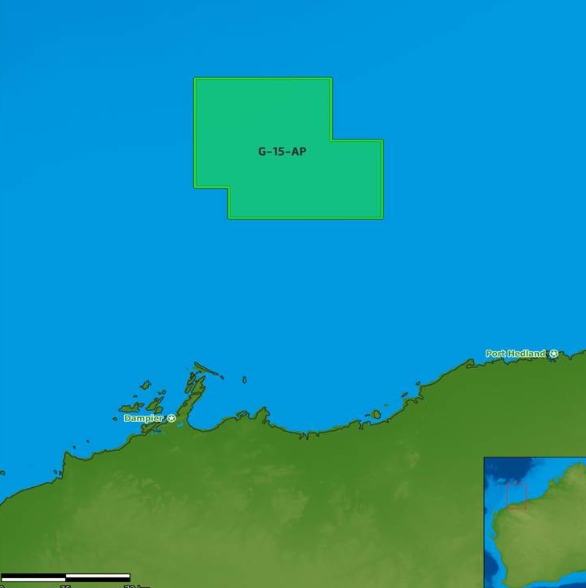
Brent was near $72 a barrel after plummeting 6.1% in the previous session, while West Texas Intermediate was below $68. Israel signaled it was open to a short truce in Gaza in exchange for the release of a small number of hostages, following a retaliatory strike on Iran over the weekend that spared the OPEC producer’s oil infrastructure.
A slew of economic data from the US this week, including on growth and employment, should give clues on the Federal Reserve’s rate-cut path.
The latest developments in the Middle East have unwound a war premium for oil and put weak fundamentals back into the spotlight — notably poor Chinese demand growth and plentiful supply. The market is heading into a crucial period, with a tight US presidential election looming, and OPEC+ planning to start unwinding voluntary production cuts from December.
“With the prospects of Iranian oil facilities being left out of Israel’s military plans,” supply-demand balances are becoming more influential again as a near-term price driver, said Chris Weston, head of research at Pepperstone Group Ltd. in Melbourne.
In a sign that war risk is fading, the premium of bullish oil call options over the opposite puts has narrowed sharply. A gauge of implied volatility for Brent also fell to the lowest in almost a month on Monday.







